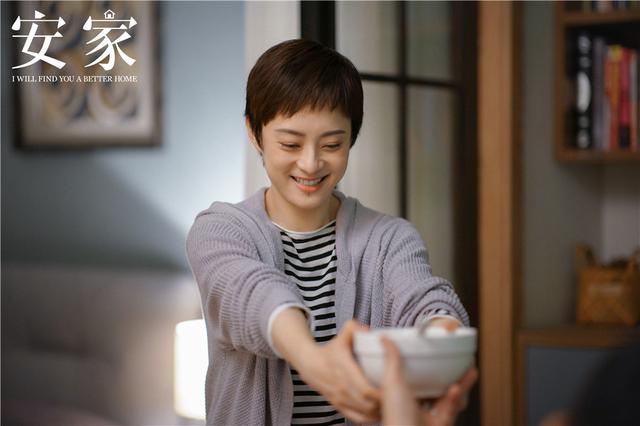Introduction
Beauty is often celebrated for its ability to bring joy, boost confidence and attract admiration. However, it is easy to forget that standards of beauty can be incredibly exclusive, creating impossible ideals that stigmatize and ostracize those who don’t fit the mold. While our society is slowly becoming aware of this, the reality is that we still have a long way to go when it comes to being truly inclusive and understanding of what it means to be beautiful. This article will explore the issue of ugliness in relation to beauty, examining how it is often ignored and pushed aside in our quest for perfection.The Flawed Standard of Perfection
The beauty industry has long been dominated by Eurocentric standards of beauty. It is something that has been fostered for centuries with the help of the media and Hollywood. This has created an ideal of beauty that is not only unrealistic but also exclusionary. The pressure to conform to this ideal is immense and when people can’t live up to it, they are often shamed for their supposed ugliness.The Impact on People’s Lives
Being labeled ugly can impact someone's self-esteem, their relationships, and even their ability to find work. It can be incredibly demoralizing and even lead to depression and negative thoughts. In fact, many people who are constantly told they are ugly eventually begin to believe it, affecting their mental health. Moreover, society tends to ostracize people who don’t conform to this ideal, leaving them feeling isolated and unwanted.Conclusion
In order to create a more inclusive society, we need to become more aware of the impact beauty standards have on people's lives. We need to celebrate and embrace diversity rather than promoting a narrow-minded view of what beauty is. Society needs to stop shaming people who don’t conform to Eurocentric norms and learn to appreciate that ugliness is just another aspect of beauty. It’s time to reject these harmful and exclusionary standards and celebrate the beauty that truly emanates from within.

